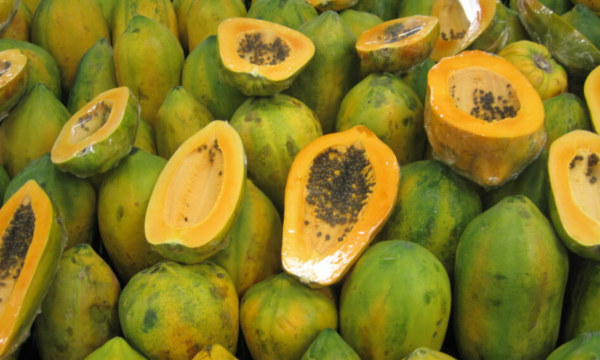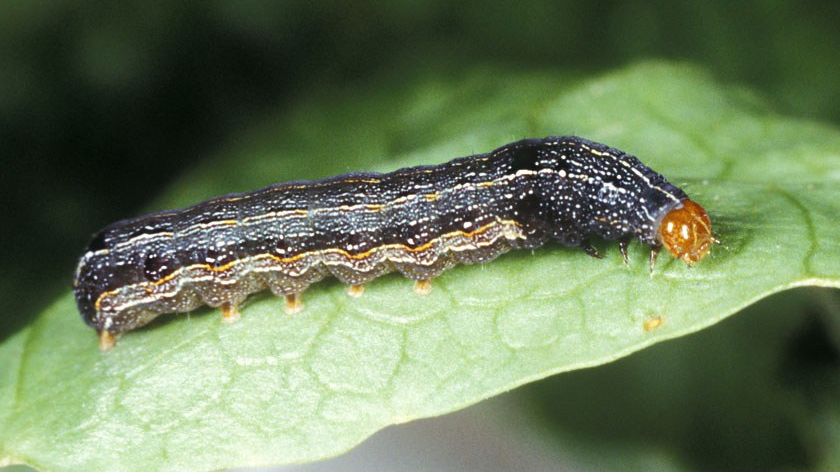Australian researchers have developed a new nanotechnology pesticide spray called BioClay which has shown success in recent trials.
Developed by the Queensland Alliance for Agriculture and Food Innovation (QAAFI) and the Australian Institute for Bioengineering and Nanotechnology (AIBN), BioClay contains double stranded RNA which can be sprayed onto a crop. When the RNA contacts the plant, the plant believes it is being attacked by a virus and protects itself.
Results from recent trials showed that BioClay was able to protect tobacco from invading disease for up to 20 days. It is thought that the clay could also be used on other crops such as cowpea, capsicum and cotton.
According to the researchers, if BioClay eventually makes its way onto the market it could offer a sustainable and ecologically safe disease control method which can be easily adopted by farmers. With resistance to typical pesticide chemicals becoming a growing issue across the world, BioClay could prove to be an effective alternative.
Similar technologies have been developed in the past; however the use of clay to apply the RNA pesticides to plants makes BioClay particularly cost-effective, as long as the price of RNA can be reduced via production methods.
Find out more by reading the ABC article.
1 Comment
Leave a Reply
Related News & Blogs
“Use of any pesticide comes with some risk, but this risk can be reduced”
Pesticides are a widely used pest management option. However, if applied incorrectly, they can pose serious risks to human health, ecosystems, and food safety. From farm workers and consumers to pollinators and waterways, the impacts of unsafe pesticid…
30 June 2025






I’ve just learned something new. 🙂